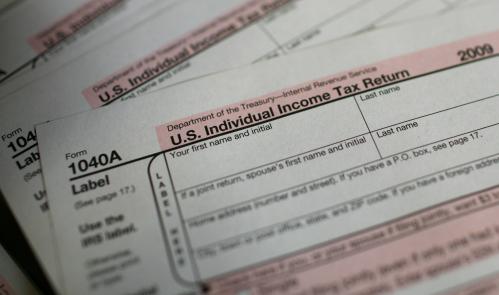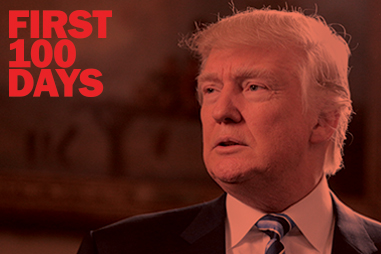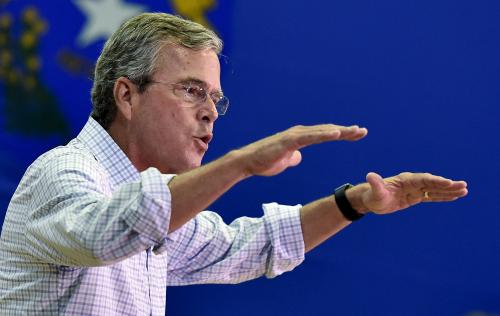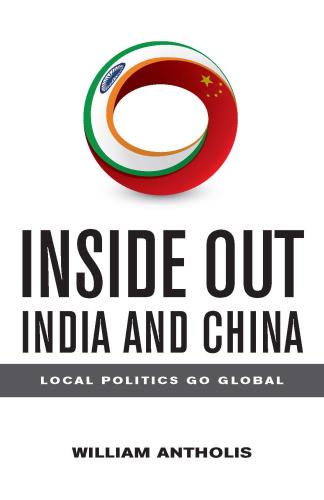In a speech at the Institute for International Finance on Thursday, Treasury Secretary Steven Mnuchin said that the White House tax plan would be unveiled “very soon.” As President Trump and his top economic advisors ponder their final decisions on the elements of the plan, they should consider newly released findings on public opinion about the desirable direction of tax reform.
In a survey released on April 14, the Pew Research Center asked a representative sample of Americans what bothered them about the current tax code. Sixty-two percent said they were bothered “a lot” that some corporations don’t pay their fair share, and 60 percent that some wealthy people don’t pay their fair share. By contrast, only 27 percent reported being bothered a lot by the amount they themselves pay, and an even smaller number—20 percent—said this about the amount poor people pay. Overall, 56 percent regard the current system as unfair (up from 48 percent two years ago), but 54 percent said they themselves were paying “about the right amount.”
As one would expect, there were partisan differences. But only 35 percent of Republicans said they were bothered a lot by what they themselves pay, compared to 45 percent for some corporations and 40 percent for some wealthy people. Upper-income Republicans care a lot about the complexity of the code; lower-income Republicans—the voters who put Donald Trump over the top last November–do not, and only 30 percent think they are paying too much. But a majority of these working-class Republicans do care a lot about the failure of some corporations to pay their share.
A Gallup report issued on April 18 underscored public attitudes about corporations and wealthy individuals. Sixty-three percent of respondents said that upper-income people paid too little in taxes, and even more—67 percent—believed this about corporations.
Early on, the Treasury Secretary announced what became known as “Mnuchin’s rule”: the Trump administration’s tax plan would not reduce the overall tax burden on wealthy individuals. These recent surveys suggest that the public supports this rule and would like to see it extended to corporations.
It’s one thing to cut tax rates, quite another to cut taxes. If the administration offers wealthy individuals large rate cuts without steps to offset them by closing deductions, exemptions, and special preferences, it will give their opponents a golden opportunity to seize the mantle of populism and erode support for Republicans among the lower-income voters whose support was crucial in 2016.









Commentary
Memo to Secretary Mnuchin: The people don’t want big tax cuts for corporations and wealthy individuals
April 21, 2017